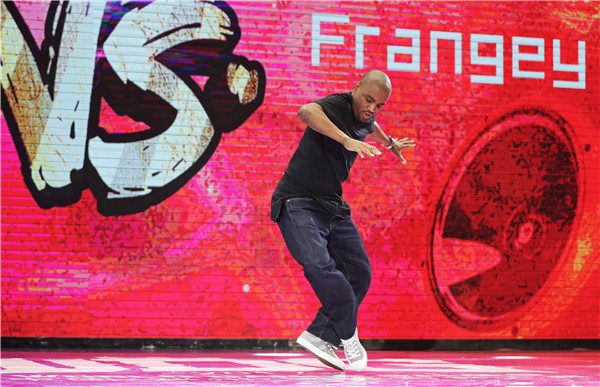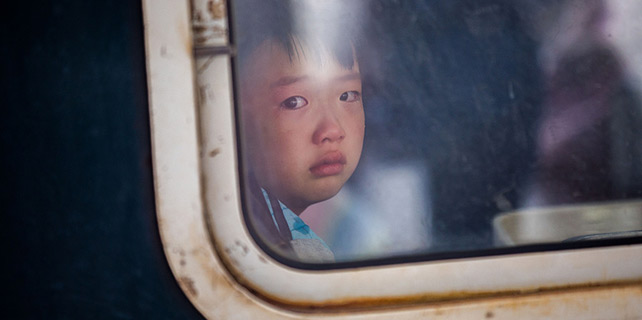Spin to win
"It proves that street dance, a part of hip-hop culture, is taking root in China," says Xia, who is also the deputy director of the China Hip-Hop Union Committee, which was founded by the Chinese Dancers Association in 2013.
Xia, who was born and grew up in Xi'an, capital of Shaanxi province, discovered hip-hop culture as a freshman at the Communication University of China in Beijing in 2002. He fell for its dramatic, expressive forms instantly.
However, few people at that time knew about street dancing, which originated in the US in the 1970s. Xia's parents and his teachers believed dancing in those ways was a bad influence on him.
But the dance styles were quickly picked up on campus, Xia recalls.
"This year, we have seen lots of children taking part. The youngest is 4, and they dance like professionals," says Xia.
Zhang's mother, Zhao Tiejun, who runs her own business in Ningbo, Zhejiang province, says that her son has also been learning street dancing for five years. About two years ago, he began focusing on popping.
"We've exposed him to many art forms since he was about 3. He chose street dancing himself," says Zhao.
"Some of my friends' children also learn street dancing. Compared with other traditional arts, such as piano and ballet, street dancing can allow for more displays of individuality and creativity. Now our boy can choreograph some of his favorite moves."























